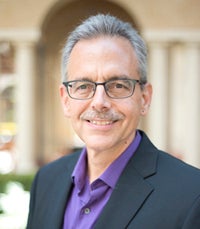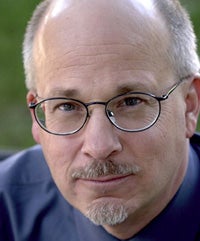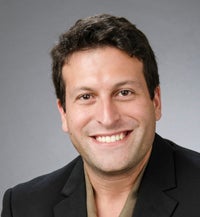USC Experts Available to Discuss President Obama’s Immigration Reforms
Contact: Andrew Good at (213) 740-8606 or gooda@usc.edu.
Co-Director of USC’s Center for Immigrant Integration
Professor of Sociology and American Studies and Ethnicity at the USC Dornsife College of Letters, Arts & Sciences
Manuel Pastor is an expert on sustainable urban development and social justice. He can discuss American immigration policy and how it affects the national economy. He can also discuss a recent USC/PolicyLink study finding that achieving racial equity in America’s workforce would grow the nation’s GDP by $2.1 trillion per year.
“We’ve been down this road before, so there’s cause to be cautious. But I’m optimistic: however imperfect this may be compared to real immigration reform, this a step in the right direction, and one that has a fighting chance of breaking the gridlock.
“What President Obama and many working for immigrant integration know is that comprehensive reform is actually inevitable. After all, it’s an economic and social imperative and it has attracted the political support of business and labor, police and faith leaders, and, according to polls, both Democratic and Republican voters. What’s stood in the way is politics in the House — and this both breaks the logjam and prepares us for the future.”
Contact: Gladys Malibiran at (213) 821-5258 or malibira@usc.edu.
Assistant Professor of Law and Sociology at the USC Gould School of Law
Emily Ryo is an expert on immigration law and sociological studies of behavior. She was honored this year for a 2013 study of the economic and noneconomic factors which influence the decision to migrate illegally from Mexico to the United States.
“President Obama is poised to announce a plan to temporarily shield millions of unauthorized immigrants from deportation, much like the current program that’s in place for childhood arrivals. While this would be a move in the right direction to prevent family separation, there’s a risk that this executive order might trigger an all-out political war that makes comprehensive immigration reform unlikely in the foreseeable future.
“That would be a great loss because in the long run, what Congress should focus on are broader issues of how to restructure our immigration system so that we can move away from the current enforcement-based approach to one that promotes voluntary compliance with the law.”
Contact: eryo@law.usc.edu.
Director of the USC Immigration Clinic
Clinical Professor of Law at the USC Gould School of Law
Niels Frenzen is an expert in refugee and asylum law. He can discuss the relationships between government agencies and how they impact the day-to-day reality of immigration policy.
“Congress has never provided the financial resources to deport all undocumented immigrants; local and regional immigration officials have therefore for decades made decisions regarding who to target for deportation and who not to target. This has led to inconsistent and unequal enforcement of the immigration laws. It is in the public interest to have a single national policy that guides how immigration laws are enforced.”
Contact: (213) 842-2526 or nfrenzen@law.usc.edu.
Assistant Professor of Political Science at the USC Dornsife College of Letters, Arts & Sciences
Morris Levy is an expert in immigration policy, voter demographics and voter ID laws. He can speak about changing attitudes toward immigration and how voters will respond to President Obama’s proposed immigration reforms.
“President Obama has tried to make good on years’ worth of pledges to fix an immigration system that most Americans believe is ‘broken.’ The move will delight, though fall short of fully satisfying, advocates for undocumented immigrants’ rights and send a clear signal that the Democratic Party is committed to making progress on these issues . It will put Republicans in the delicate position of staunchly opposing the move without appearing hostile to immigrants or Latinos.
“But it also makes bipartisan cooperation on this and other issues even more challenging and opens the President and his party to a potentially withering public backlash that could have serious implications for the 2016 campaign.”
Contact: (213) 740-1685 or morrisl@usc.edu.







